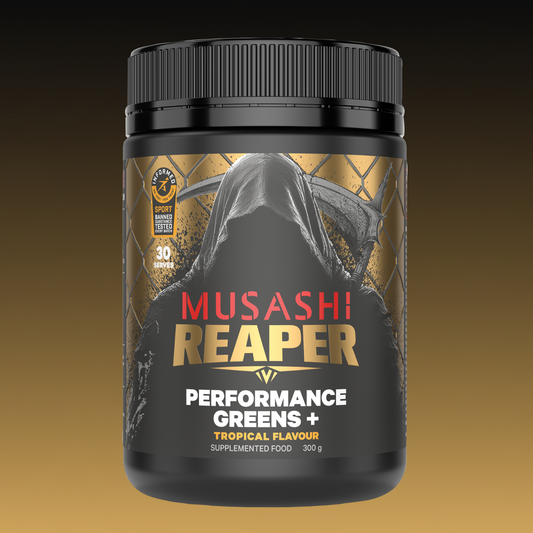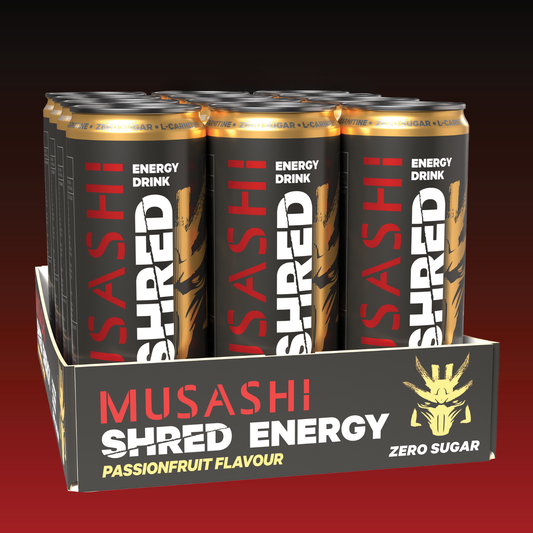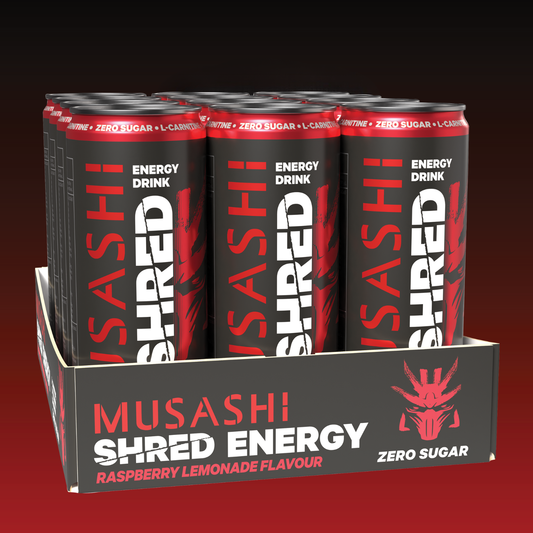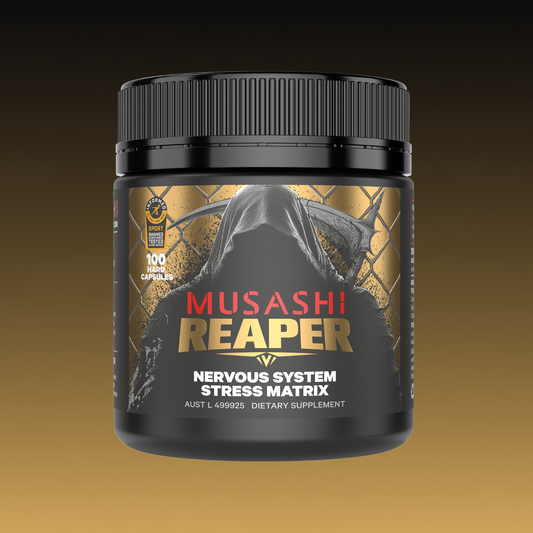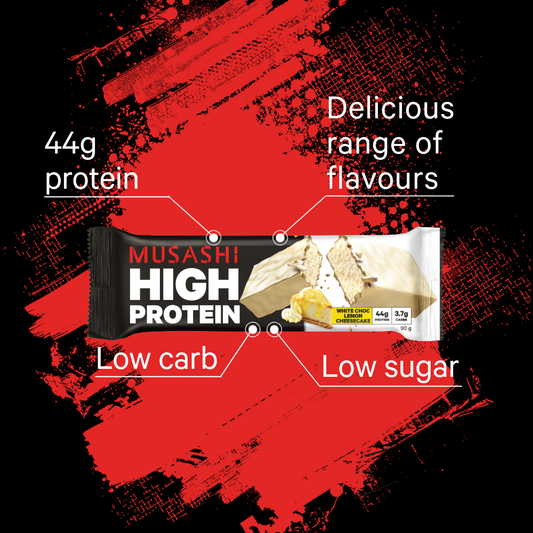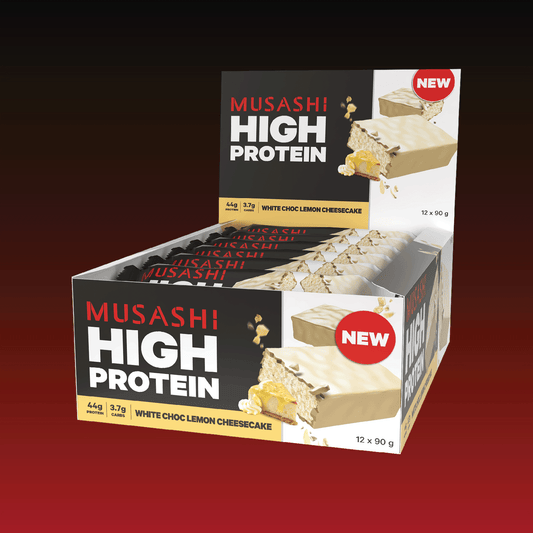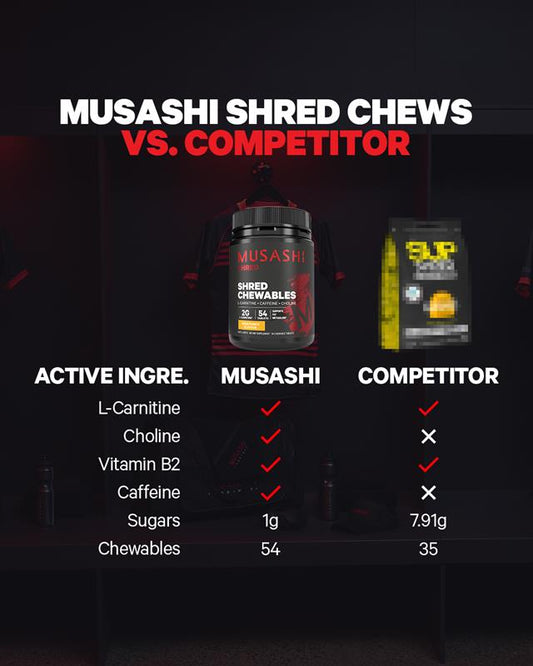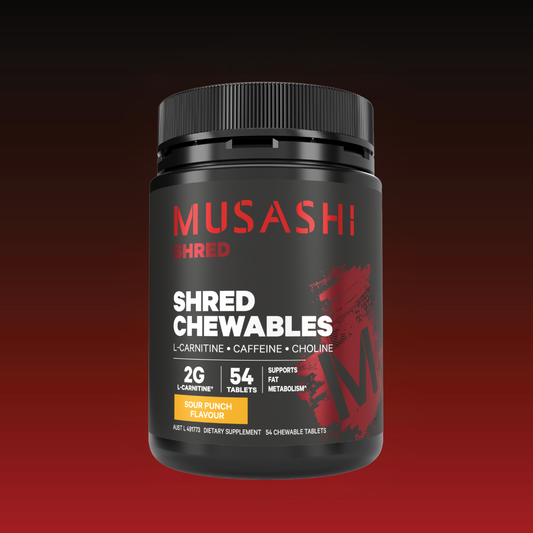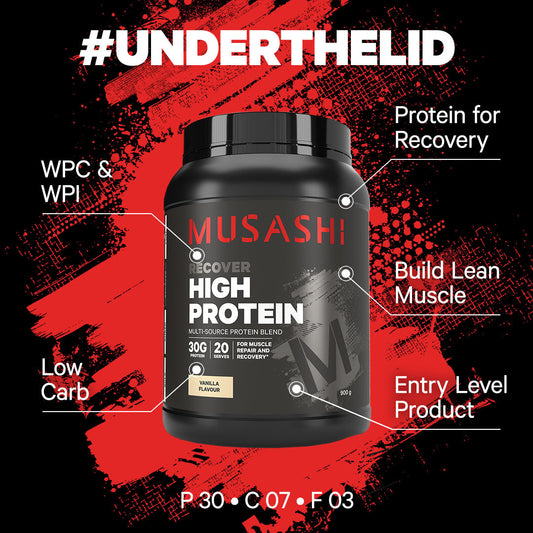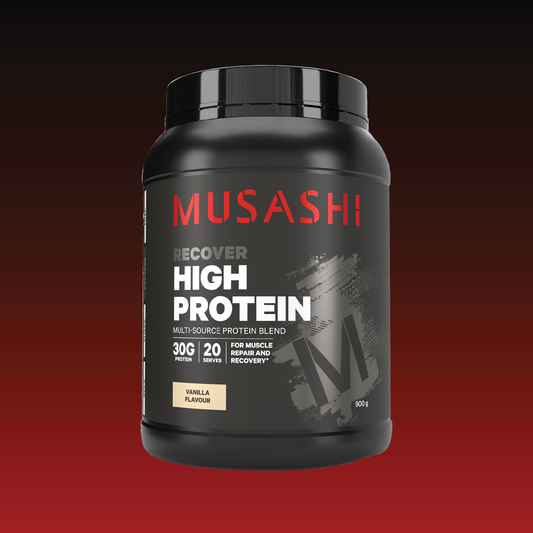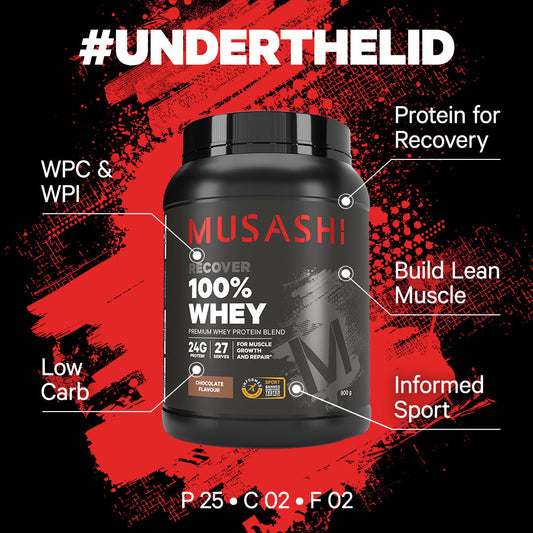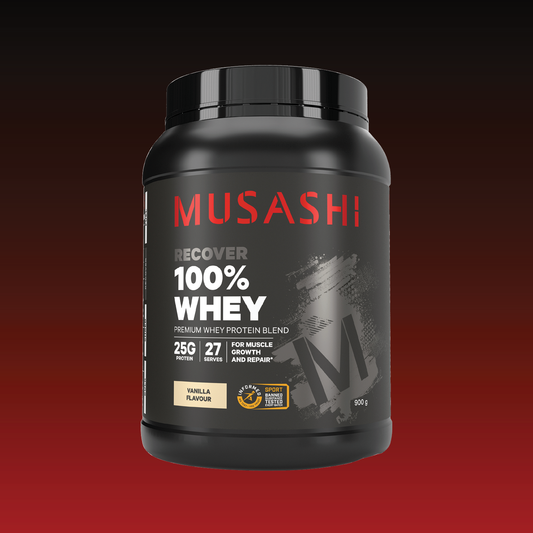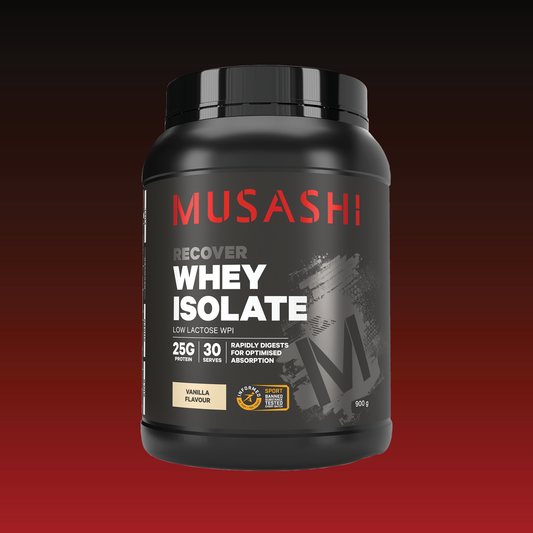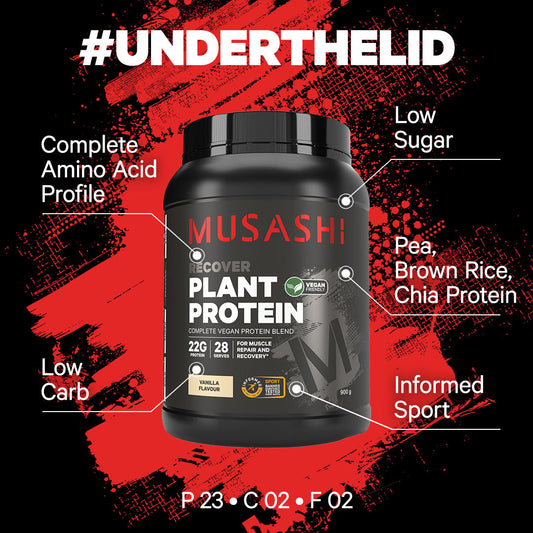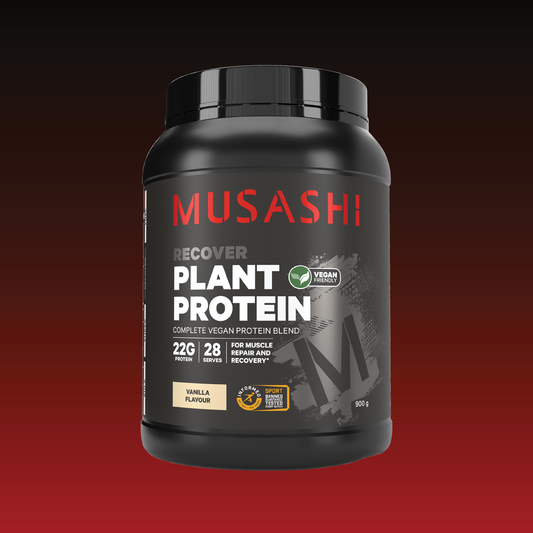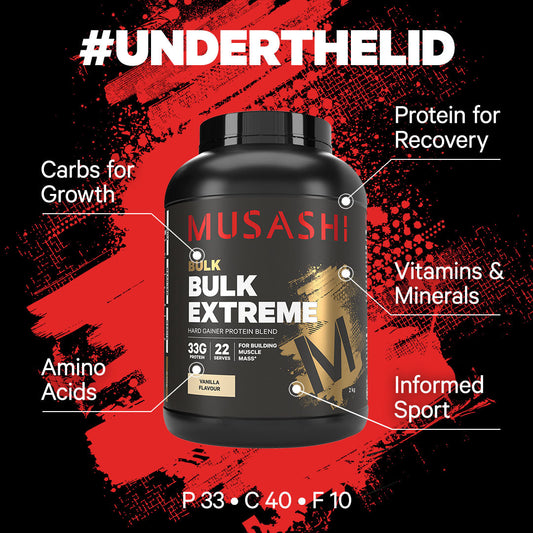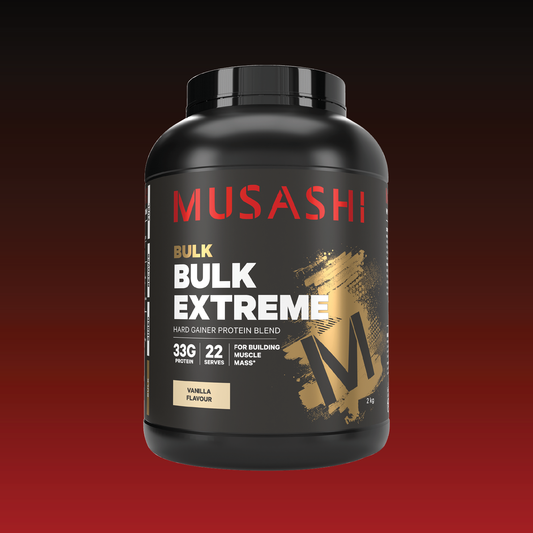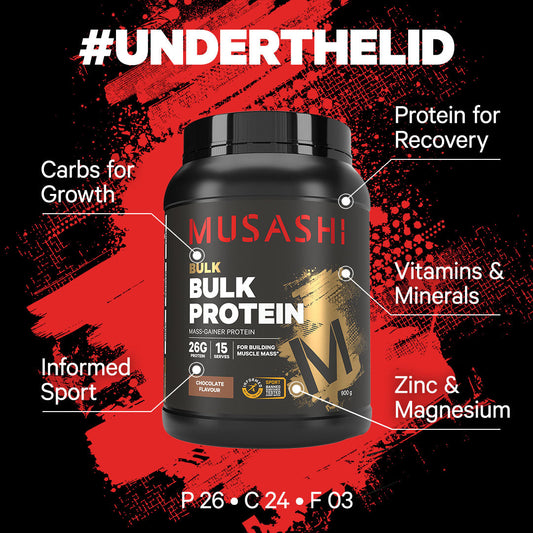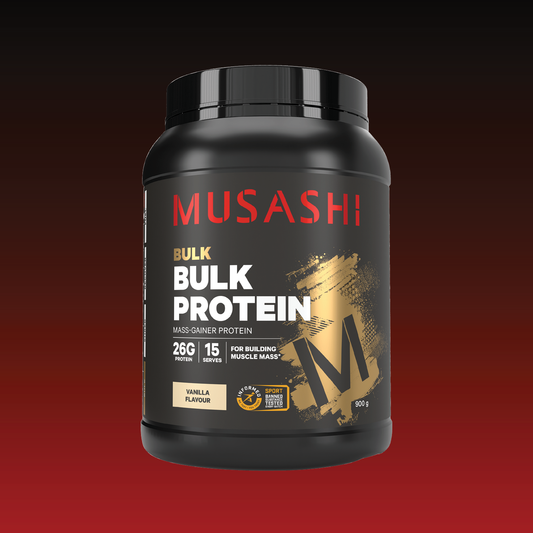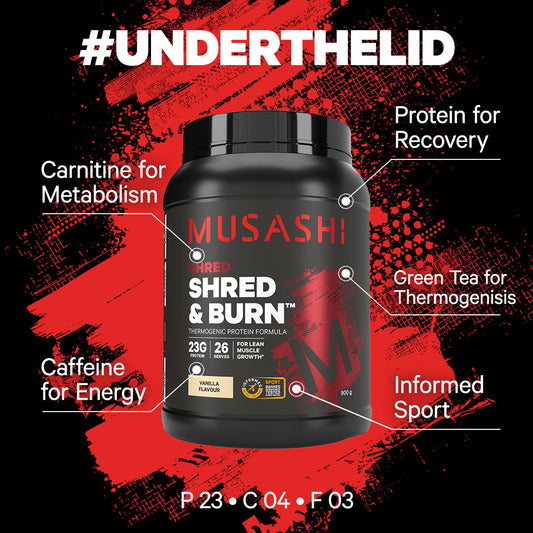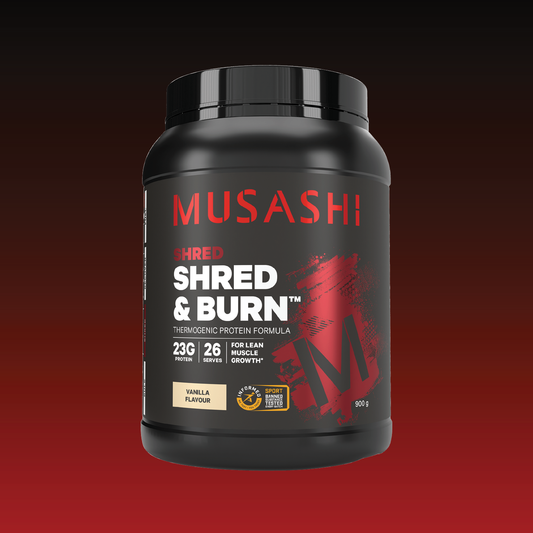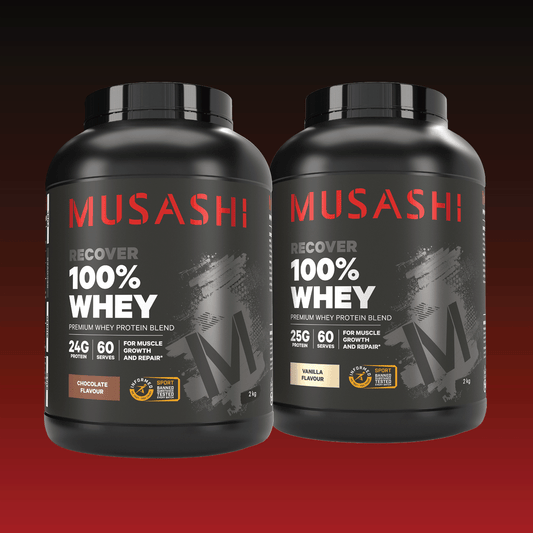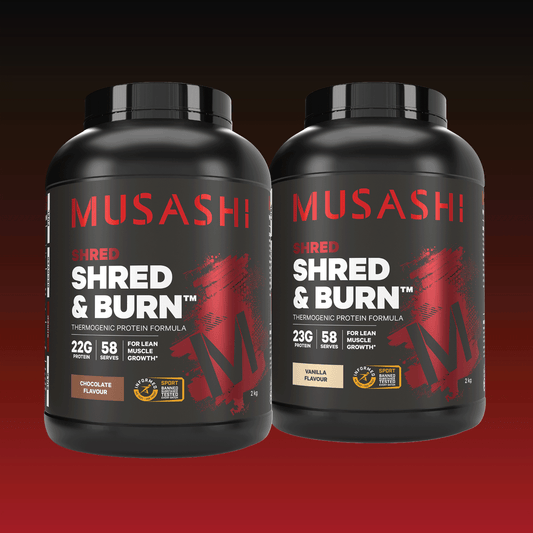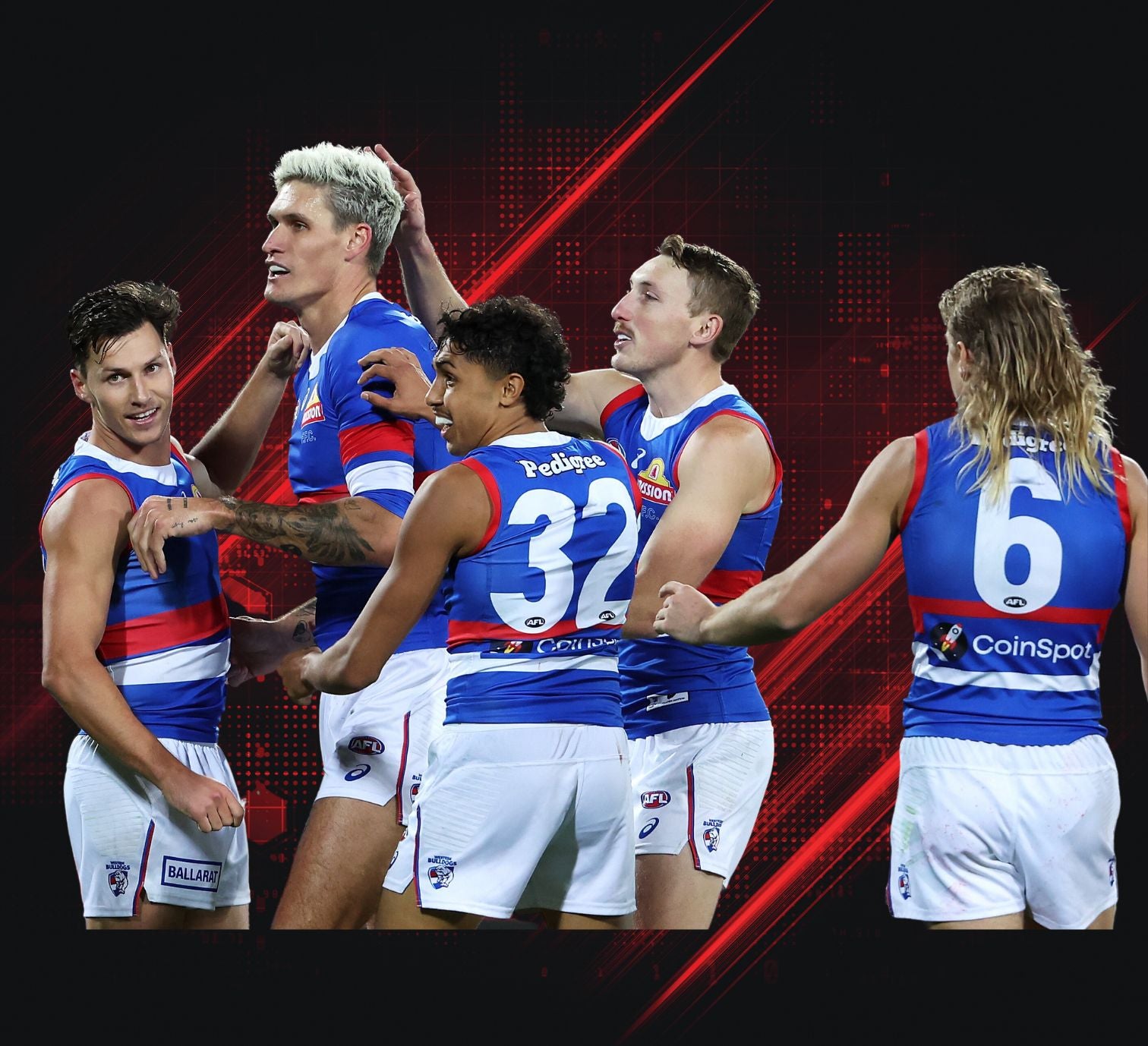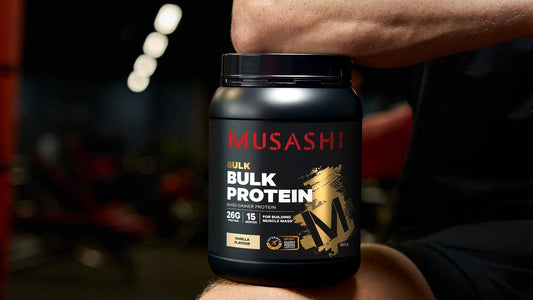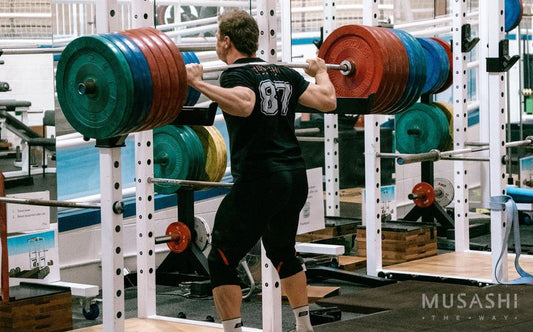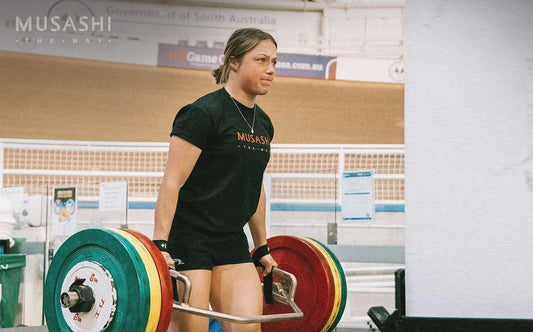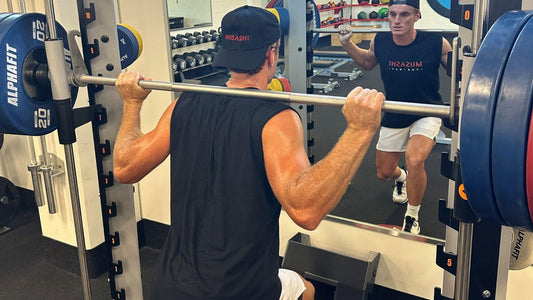
Intermittent fasting is a method of eating during a specific time period. It is a diet which not only focuses on what you eat but when you eat it. The concept dates back to the early 1900's as a treatment for health conditions but resurfaced as a weight loss tool in 2013. There are several variations which fall under the intermittent fasting umbrella, some include:
- The 16/8 Method - this involves fasting every day for 14-16hours and restricting your daily 'eating window' to 8-10hours.
- 5:2 Diet - Involves eating your regular diet for 5 days of the week and restricting your Calorie intake to 500-600 Calories for 2 days a week.
- Eat Stop Eat - is a method where you don't eat anything for one or two 24-hour periods per week.
- Alternate-day fasting - this method requires you to fast every other day, either by not eating anything or only eating very few Calories e.g. 500 Calories on the fasting days.
- Warrior Diet - Eating only small amounts of fruit and vegetables during the day and then one large meal at night.
- Spontaneous meal skipping - this is when you skip one or two meals from time to time.
Which Style is Best for Beginners?
Some of the styles described above can be very difficult for beginners since they require long periods of time where you eat nothing or very little. A good option for beginners is too fast for a set number of hours each day. This option allows you to start with fasting for around 12 hours a day, most of which you will be asleep. After you get more comfortable with 12-hour fasts, you can slowly lengthen the time of the fast. With this in mind, a common intermittent fasting schedule is 16:8 intermittent fasting, where you eat during an 8-hour period of the day and fast for the remaining 16 hours. The 5:2 diet method is a popular method currently used for weight loss. The creator of the diet Dr Michael Mosley, states that this is more of a lifestyle than a diet, you can pick and choose the days you would like to fast and work it around your social calendar. Your normal diet 5-days a week should consist of healthy foods and binge eating to compensate for the fasted days is not recommended.
What Should You to Eat and Drink on Fasting Days?
Most methods require you to eat nothing when fasting. Water is perfectly fine and some people even opt for zero-calorie drinks i.e. black coffee or green tea. Calorie free drinks containing artificial sweeteners are however not advised. The intermitted diets which restrict Calories, but still allow you to consume 500 Calories per day (e.g. 5:2 diet) require you to make smart decisions with food. Musashi 100% Whey contains 120 Calories per serve and Musashi Bulk Protein contains 222 Calories per serve. Protein powders are a useful way to consume quality protein with very few Calories.
What to Eat and Drink on a Non-fasting Day?
High protein intake is important, along with healthy fats and complex carbohydrates. A Mediterranean diet typically includes high levels of fat and protein; olive oils, vegetables, fish and lean meats but can also be transformed into a vegetarian friendly diet. A vegetarian version includes legumes i.e. chickpeas, bean, lentils, nuts and seeds - particularly walnuts and flaxseeds. The most popular part of intermittent fasting is it's easy (in comparison to other diets) to stick to. It can work well for both men and women and fit around different lifestyles and commitments.
A study compared the effects of three months of intermittent fasting to a diet that restricted overall daily calories for the same time period. The results showed that the intermittent fasting group lost twice as much body fat as those on a general calorie restricted diet. The intermittent fasting group also had a reduction in insulin resistance showing the positive effects intermittent fasting can have on reducing type II diabetes. Intermittent fasting may not always be a good option for everyone though. If it is a healthy option for you, choose the most realistic and achievable style and always keep in mind that the quality of food you consume is still of utmost importance.
In general, eating nutritious foods is just as important as adherence to an intermittent fasting schedule. While studies have proven intermittent fasting has many health benefits it is still controversial. Some people are concerned with this dietary method because they feel it might lead to an unbalanced diet. Please speak to a Dietitian, Nutritionist or GP to help decide whether intermittent fasting if right for you.
References:
Harvie, M., Wright, C., Pegington, M., et al. (2013). The effect of intermittent energy and carbohydrate restriction v. daily energy restriction on weight loss and metabolic disease risk markers in overweight women. British Journal of Nutrition, 110(8), pp. 1534-1547

